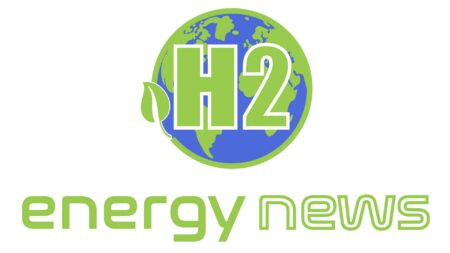Australia would require a remarkable 812GW of installed solar and wind capacity by 2050 to access the global green hydrogen market and meet its own net-zero ambitions, according to a recent analysis by Bloomberg New Energy Finance (BNEF).
Browsing: Report
The Malaysian government is taking significant steps to develop renewable energy (RE) programs based on a “willing buyer, willing seller basis” to encourage private sector participation.
The Canadian federal government’s significant investments in zero-emission vehicles are primarily focused on battery electric vehicles (EVs). However, industry analysts are now recommending a dual approach that includes both EVs and hydrogen fuel cell cars, as highlighted in a recent CBC report.
In the quest for a symbol of the net-zero era, green hydrogen emerges as a strong contender to replace petroleum as a globally traded commodity.
In the race to catch up with Europe, the USA, and China in the electric car market, Japanese manufacturers are simultaneously exploring the potential of hydrogen.
Scotland, known for its abundant natural resources, is poised to make significant strides in harnessing the power of hydrogen. However, a recent report by Addleshaw Goddard highlights five key challenges that Scotland must address to fully realize its hydrogen development potential.
A groundbreaking study titled “Global Hydrogen Market Forecast to 2050” released by Rethink Energy reveals astonishing projections for the green hydrogen market.
The Hydrogen Council, an initiative led by over 140 global companies to promote the transition to green energy, has revealed that the production capacities of all clean hydrogen plant projects announced globally only represent around half of the volumes of clean hydrogen required to reduce greenhouse gas emissions by 45% by 2030 and achieve net zero emissions by 2050.
The transition to a carbon-free society is a global goal, and hydrogen is emerging as a hopeful avenue in achieving this goal. The International Energy Agency forecasts that 115 million tons of hydrogen will be needed in 2030 to achieve net-zero carbon dioxide emissions by 2050.
A recent survey conducted by Civey on behalf of thyssenkrupp nucera AG & Co. KGaA has found that a majority of Germans view green hydrogen as the energy source of the future for Europe and Germany.


